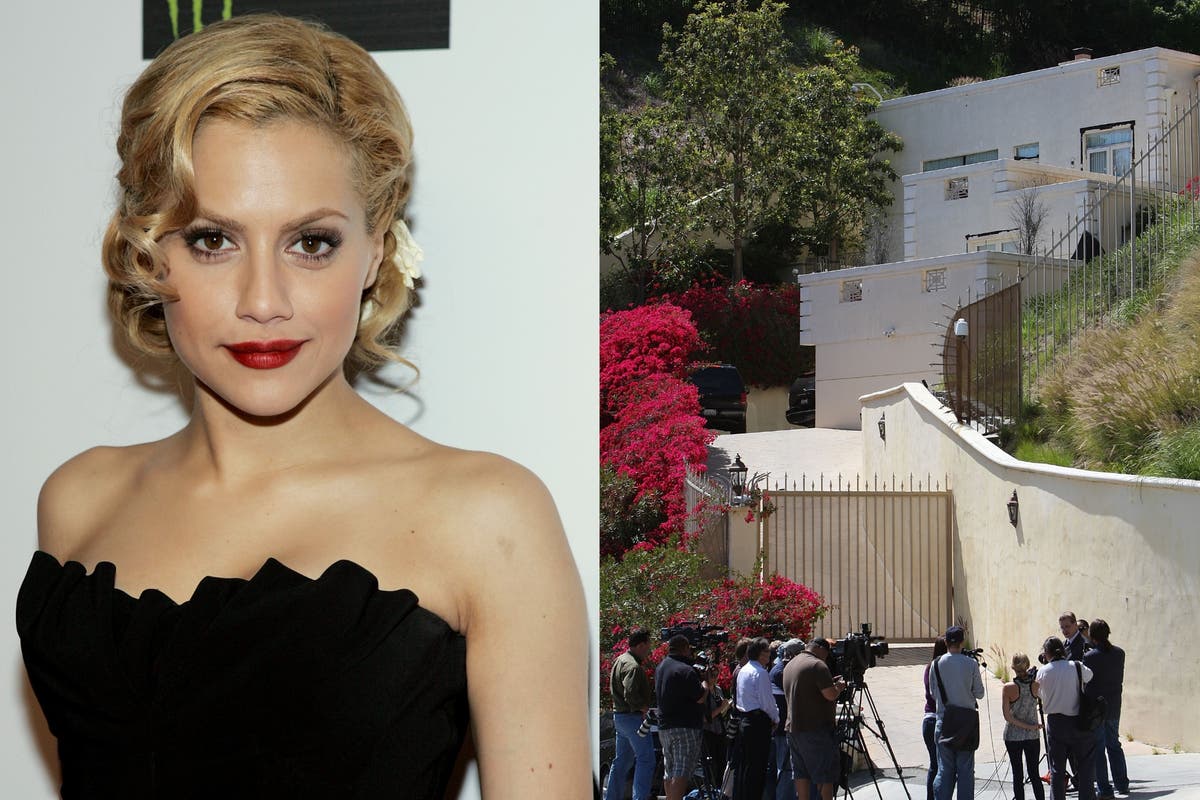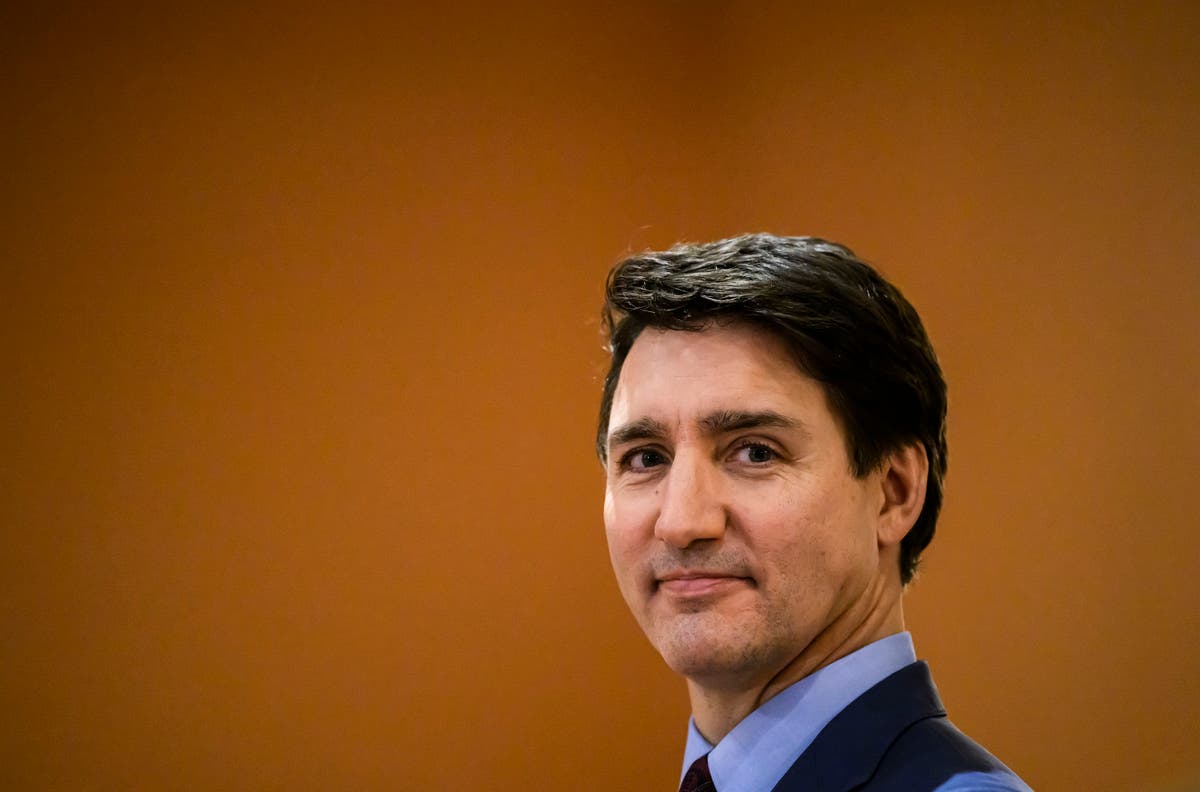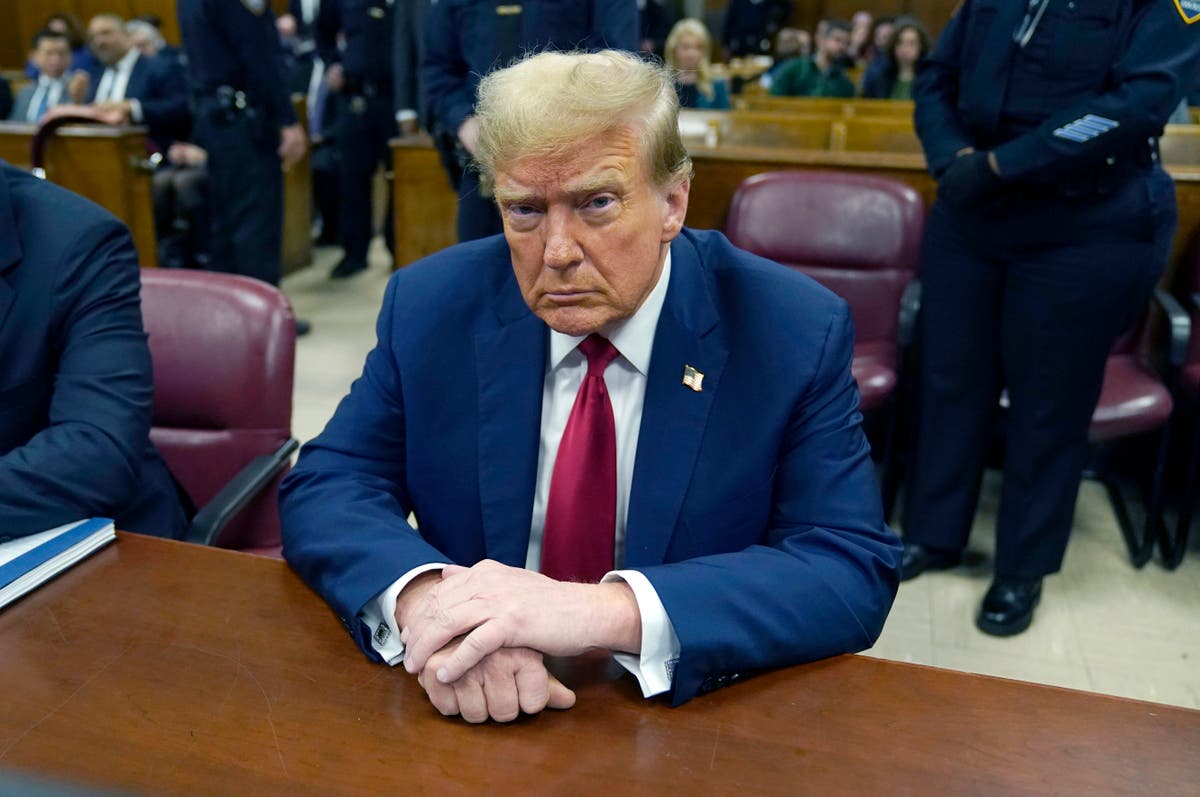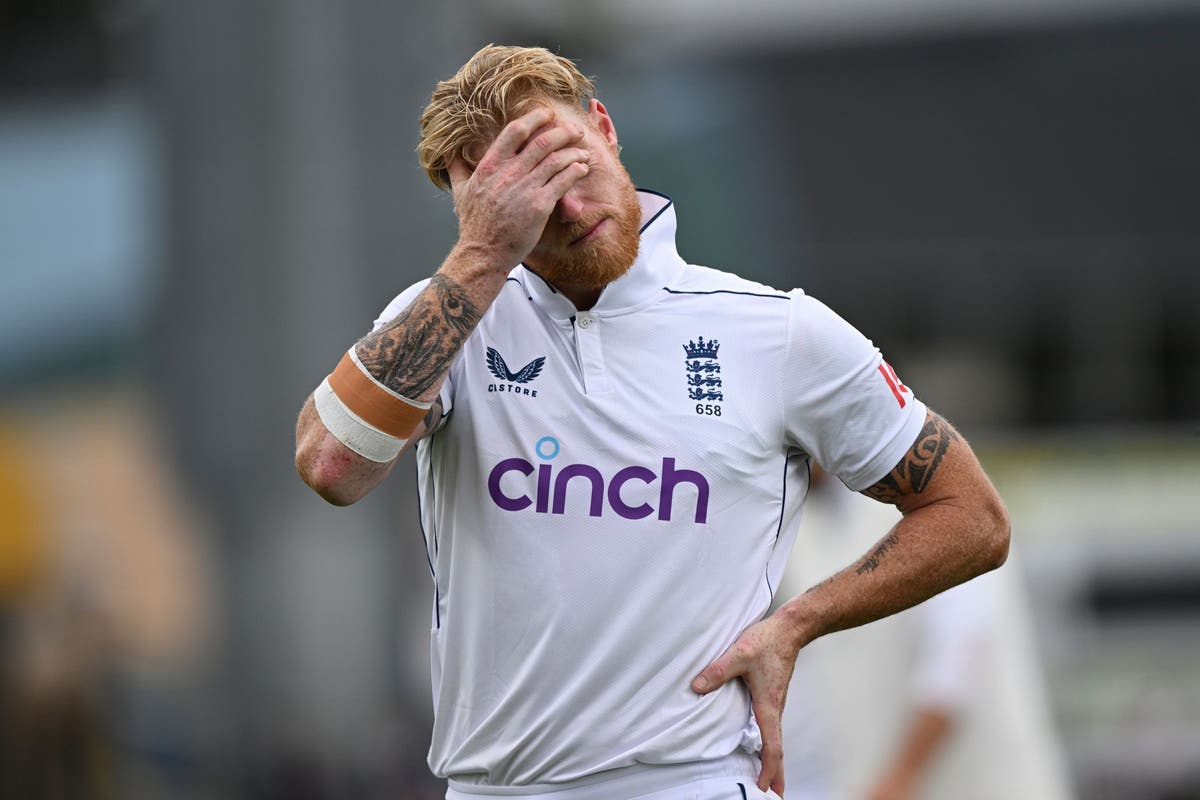The judge overseeing Donald Trump’s hush money trial has refused to dismiss the case and throw out a jury’s verdict after his attorneys argued he has “immunity” from prosecution.
Trump appears likely to enter the White House as a convicted felon, though it remains unclear when, or if, the judge will continue to postpone a sentencing date after a unanimous jury found him guilty of falsifying business records tied to hush money payments to Stormy Daniels.
Judge Merchan has also yet to rule on Trump’s argument that the case should not be able to continue now that he is president-elect.
In a filing on Monday, New York Justice Juan Merchan argued evidence surrounding Trump’s falsification of business records to cover up hush money payments to an adult film star is not shielded by “immunity” granted to presidents under the Supreme Court’s groundbreaking decision this summer.
Evidence presented to the jury — even if it could be shielded by “immunity” — paled in comparison to “other overwhelming evidence of defendant’s guilt,” according to Merchan.
“If error occurred regarding the introduction of the challenged evidence, such error was harmless in light of the overwhelming evidence of guilt,” he wrote.
His actions were “personal acts” that fall outside the so-called “outer perimeter” of official presidential duties, and there is no “danger of intrusion on the authority and function of the Executive Branch” in this case, Merchan wrote.
Merchan was scheduled to rule on the “immunity” implications for the case and Trump’s conviction last month, after Trump’s election victory rocketed the case into uncharted territory, despitethe jury’s conviction on 34 felony counts arriving more than six months ago.
Last week, Manhattan prosecutors with District Attorney Alvin Bragg’s office asked the judge to maintain the conviction and suggested postponing a sentencing hearing until after Trump’s presidency comes to an end in 2029.
Trump can’t be shielded from criminal prosecution as “president-elect,” because “president-elect immunity does not exist,” prosecutors wrote.
Even after his inauguration, Trump’s “temporary immunity” as the sitting president “will still not justify the extreme remedy of discarding the jury’s unanimous guilty verdict and wiping out the already-completed phases of this criminal proceeding,” they argued.
On May 30, a jury found Trump guilty of falsifying business records in connection with a scheme to silence adult film star Stormy Daniels, whose story about having sex with Trump threatened his 2016 presidential campaign.
Trump’s reimbursements to his then-attorney Michael Cohen, who paid off Daniels, were falsely recorded in accounting records as “legal expenses.”
Weeks after the jury’s verdict, the Supreme Court issued a landmark ruling that granted the office of the presidency absolute immunity for actions tied to official duties, and “presumptive immunity” for actions that within the “outer perimeter” of the office.
Trump’s attorneys argued his “overwhelming victory” and his status as a “soon-to-be sitting President” entitles him to a broader shield of immunity, and that the “continued criminal proceedings pose a constitutionally unacceptable risk of diversion” from his upcoming presidency.
Further delays in his sentencing, and the potential for the case to be frozen for four years or tossed altogether, mean that Trump is expected to enter office having avoided any consequences for the allegations and convictions against him.
Special counsel Jack Smith has effectively closed the federal criminal cases against the former president, for now, and an appeals court in Georgia has postponed arguments related to his election interference case in Fulton County.







